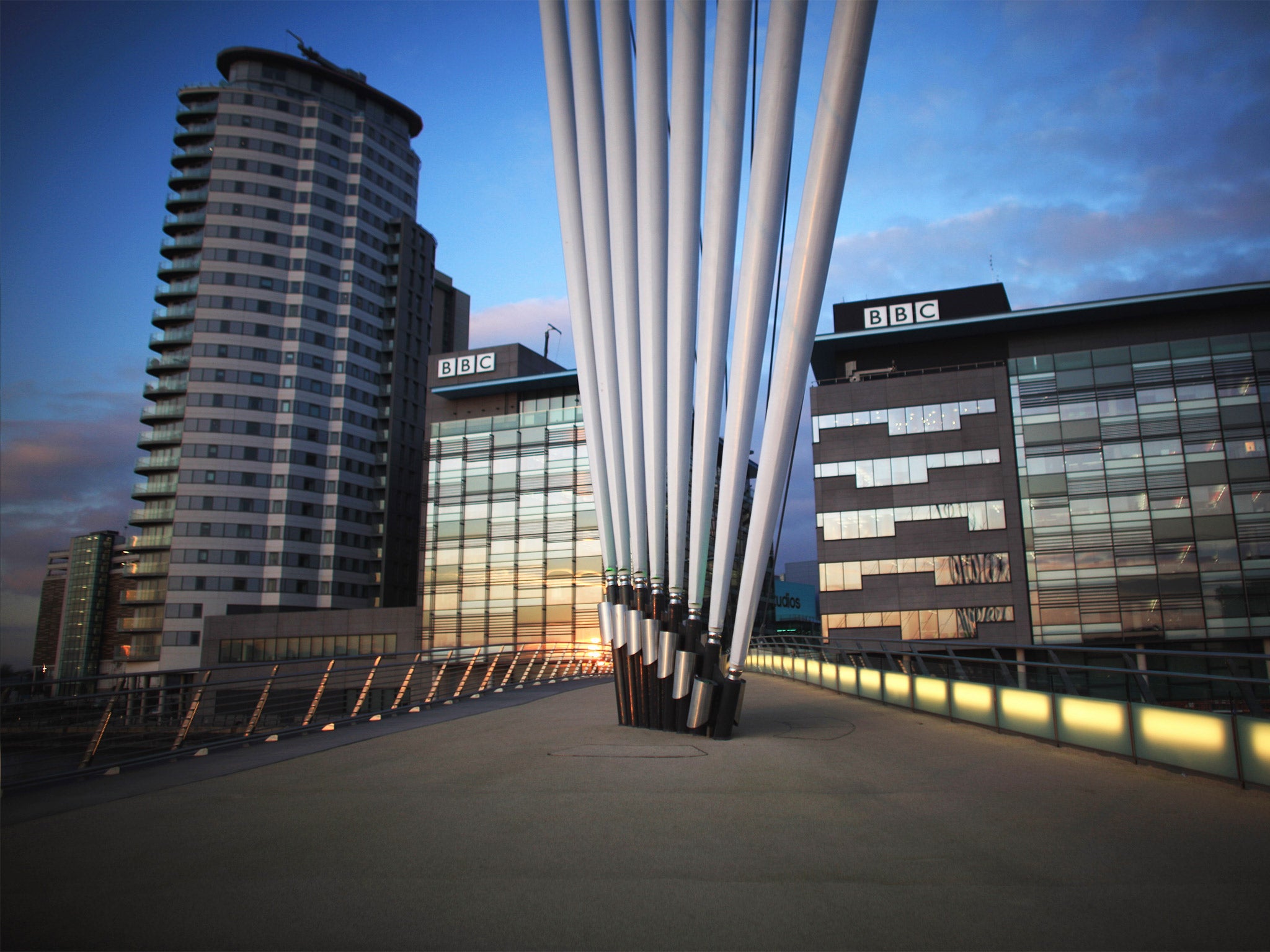Diversity at the BBC: The corporation has plenty of experienced older female broadcasters - and they're mostly on the radio
The BBC's idea of diversity is a programme fronted by a mature man balanced out by a pretty young woman

There are, as we all know, any number of good, experienced older women broadcasters at the BBC who have gravitas and authority. And, as we know equally well, they're mostly on radio. Presenters such as Sarah Montague on Today, correspondents such as Lyse Doucet, broadcasters such as Kate Adie – cracking journalists, all of them, and by and large, tucked out of sight in the more intelligent medium.
At a committee meeting at the House of Lords last week, this was the point made by Lady (Ruth) Deech. Older women, she pointed out, have a presence on radio, but not on telly. There's no female equivalent of the "white haired" David Dimbleby. That statement of the obvious was answered for the BBC by Fran Unsworth, deputy head of news, who declared that there was only a small pool of "highly experienced women presenters" at the BBC, but it was taking steps to deal with the problem.
Well, a very big fish from that small pool emerged to dispute this view that all is well. Olenka Frenkiel, of Today, Newsnight and Assignment, observed: "I don't like it that the greatest broadcasting organisation in the world is getting away with not telling the truth." Two years ago, Olenka Frenkiel, you see, was not only frozen out of the BBC after a 30-year career once she hit her fifties, but was exhorted to sign a confidentiality agreement with the corporation – a gagging order – to ensure she didn't talk about it. She turned them down – well, as you would, if your working life has been about opening things up. "They need to stop sacking the women they've got," she says trenchantly.
She joins Selina Scott, Anna Ford, Miriam O'Reilly and Liz Mackean who were all sidelined when they got older; quite a roll call. The BBC's idea of diversity is a programme fronted by a mature, authoritative man balanced by a pretty young woman who often manifests all the individuality of those fantastically irritating Disney girls from Frozen. A report last year showed that 82 per cent of the over-fifties on telly are men. Yep, that's worse than we thought. Plainly, there's no human right to front Newsnight and programme makers need a free hand. But it's still extraordinary that this freedom to choose so often results in the old boy/young woman scenario. Some of those younger women are very good but it really can't be the case that they're all better than the oldies.
The really irritating thing about this is that the BBC is missing a trick. There's nothing Brits like better than a national treasure – see Helen Mirren. And middle Britain adored both Selina Scott and Anna Ford and would have carried on if they'd been left in situ like the Dimblebys. Older broadcasters are a reassuring presence – older viewers identify with them; younger ones grew up with them. That's true of women as well as men. For an organisation so obsessed with diversity, it's funny the BBC can't get it.
Join our commenting forum
Join thought-provoking conversations, follow other Independent readers and see their replies
Comments
Bookmark popover
Removed from bookmarks